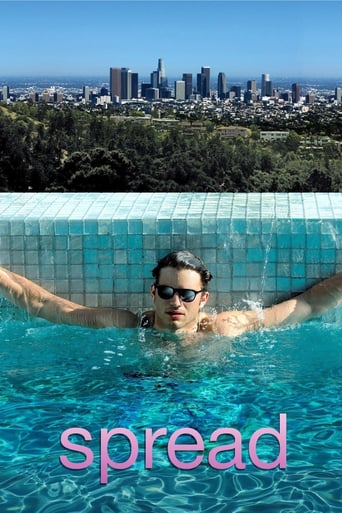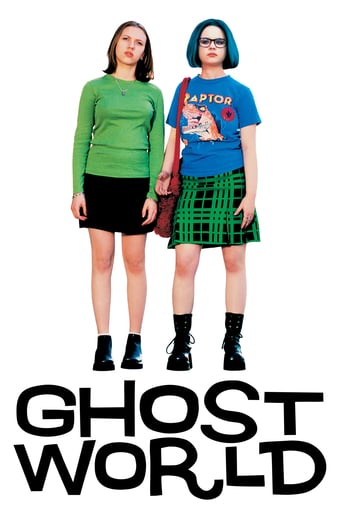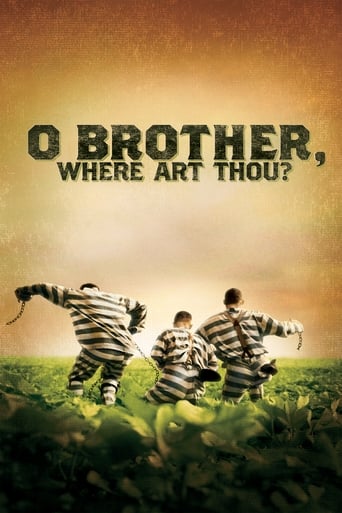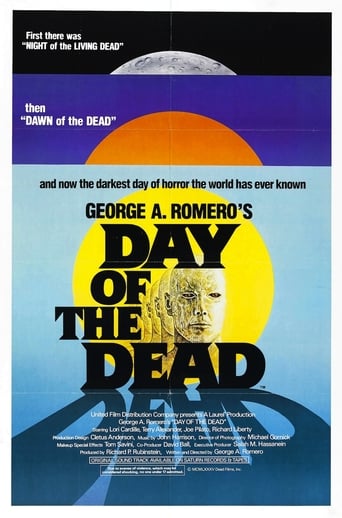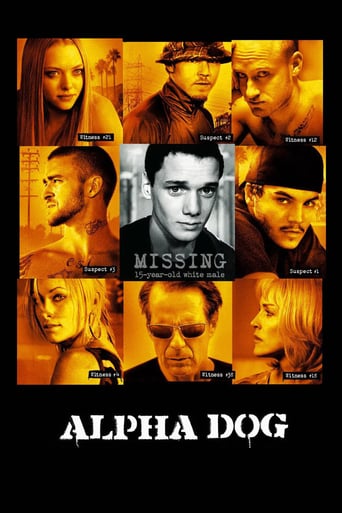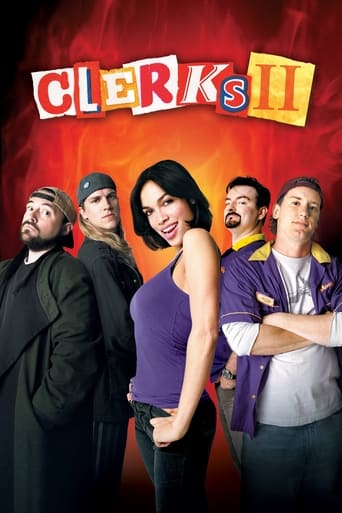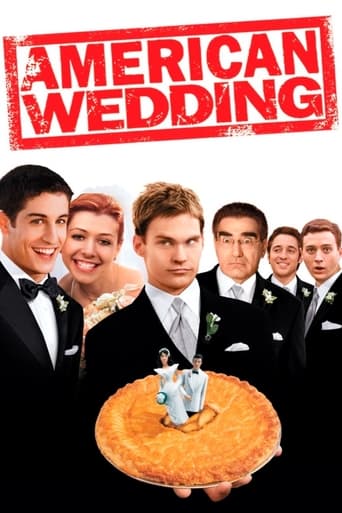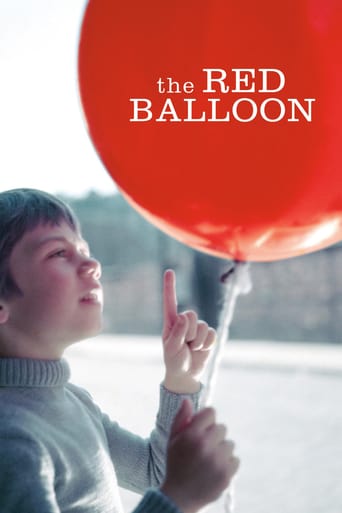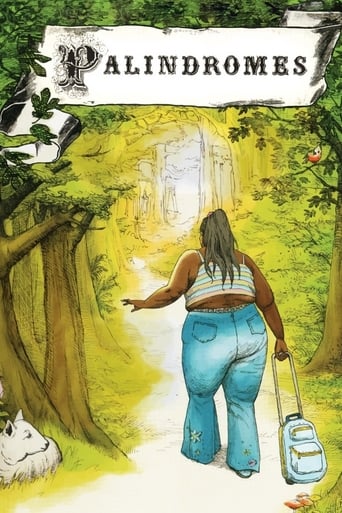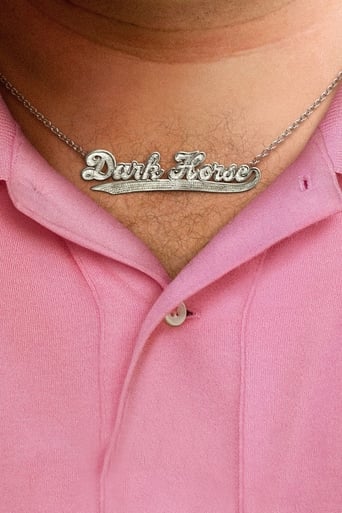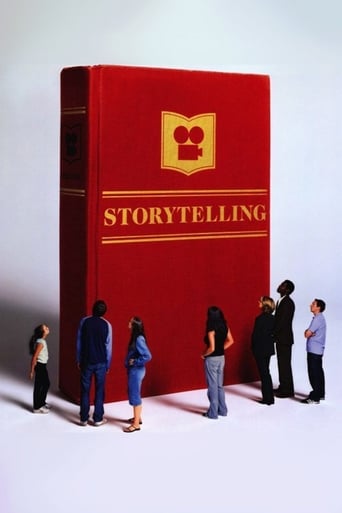


Storytelling
College and high school serve as the backdrop for two stories about dysfunction and personal turmoil.
-
- Cast:
- Selma Blair , Leo Fitzpatrick , Robert Wisdom , Maria Christina Thayer , Angela Goethals , Steve Rosen , Aleksa Palladino


Similar titles
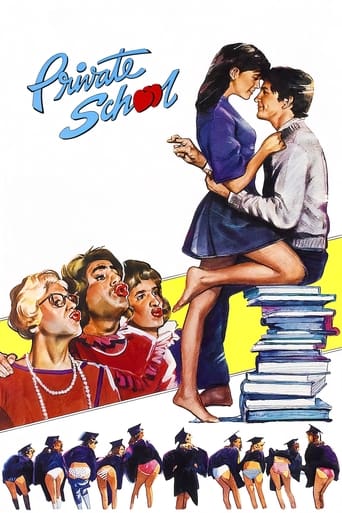
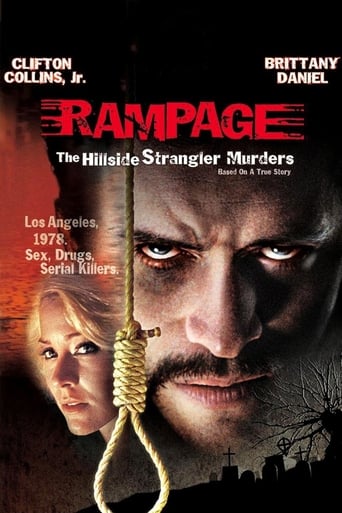
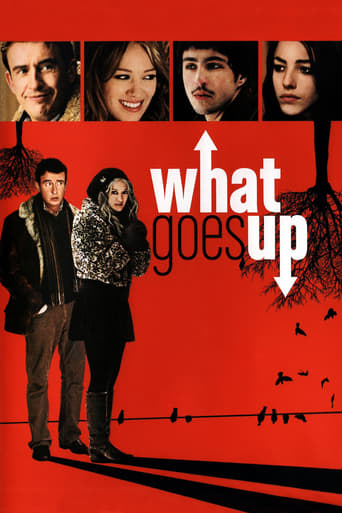
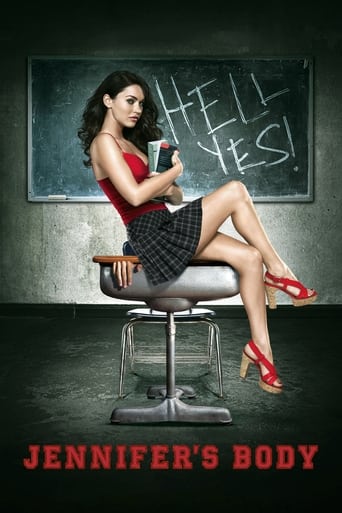
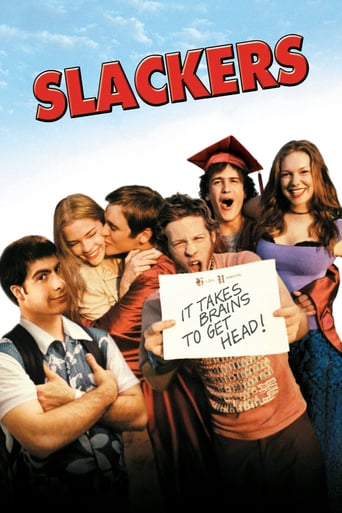
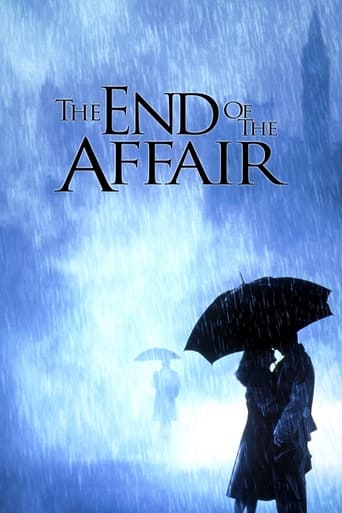
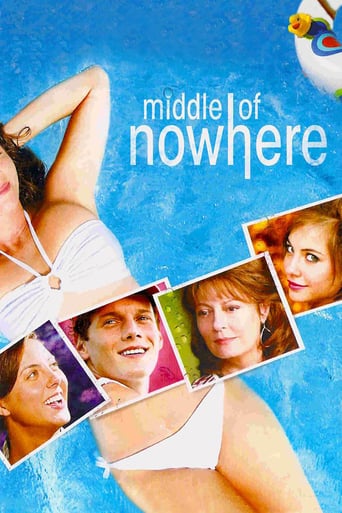
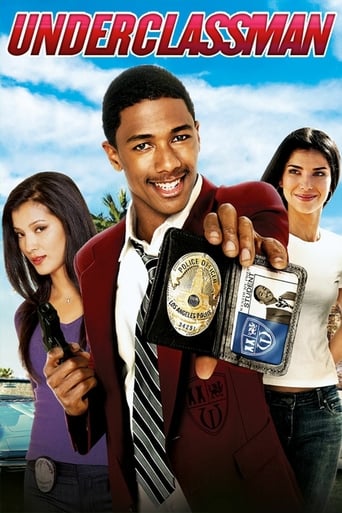
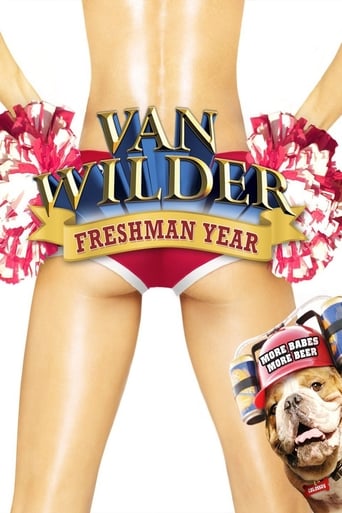
Reviews
If you don't like this, we can't be friends.
Great Film overall
Admirable film.
A great movie, one of the best of this year. There was a bit of confusion at one point in the plot, but nothing serious.
Storytelling is an interesting film because it's largely a critique of how Solondz approaches his work. As the title says, the movie is all about the way he tells his stories. Most of the negative criticism of Happiness focused on the perceived smugness and harshness of the directorial viewpoint, the sense that Solondz was looking down on his characters and mocking them for not being as smart or as sophisticated as he was. I never thought that criticism was accurate: for one thing, I felt that Solondz brought out the characters' pain and emotional torment, especially the torment of the father, far more than most conventionally "sympathetic" directors do. But Storytelling takes the critiques of Happiness seriously and places them right at the center of the film. In the "Fiction" part of the movie, Solondz shows us the complexities of people trying to understand and exploit each other's motives and desires. If his vision of the Selma Blair character is merciless in exposing her pretensions and hypocrisies, it's also equally unblinking in portraying her moving attempt to find her own viewpoint in a situation that turns her against herself in the cruelest way imaginable -- by making her feel responsible for her own degradation. Just as strikingly, the film's second segment, "Nonfiction," shows an art-house audience laughing smugly at the family on display: a pitch-perfect version of how many audiences reacted to the family in Happiness. At the very least, Storytelling shows that Solondz has thought deeply about his satirical method. While his films will never be for everyone's taste, I think this movie demonstrates that he approaches his subjects in good faith, with an artist's desire to deepen our concern for each other by facing squarely and honestly some of our worst qualities.
The best thing about Solondz's films is that they're utterly unpredictable. You never know what to expect, hence along with the steady stream of very funny gags and situations, there is a certain tension, almost like watching a "comedy thriller". (A new genre perhaps?) Solondz veers away from the clichés of both mainstream Hollywood rubbish and lethargic/pretentious/mindless indie crap, hence keeps the viewer on his toes for the duration. In a sense, he is the "anti-Ephron". A deaf-and-blind person could foretell you how a Nora comedy proceeds - in every successive scene - in her terrible noraphronic cinematic turds.I'm not quite sure what Solond'z political leanings are. Chances are that he is yet another movie-making liberal (hint hint: he's a vegetarian, and his films are about middle-class suburbia), but he isn't a black-and-white, narrow-minded, dogmatic liberal who never analyzes anything, never digs below the surface, simply sponging in everything Michael Moore tells him - i.e. the stereotypical intellectually catatonic Leftist: lazy, smug, gullible, unable to learn. His cynicism regarding humanity isn't misanthropic, he simply tells is like it is (more-or-less).Besides, what's so bad about misanthropy? Marxism might seem (I underline "might") people-friendly on the surface, but deep down it hates every man, woman, and child. And because a skeptical view of man's alleged "inherent goodness" is NOT the foundation of all Marxist/Leftist beliefs, eventually Solondz might actually connect the dots and realize finally that left-wing ideology has no scientific basis, no roots in logic whatsoever, and contradicts his own views. He'll come around... if he isn't afraid to face the consequences of "switching sides". Of course, a problem is that most Americans only see two (extreme) sides they can join: either that of the Socialist, clueless, overly idealistic liberal whiner, or the side of the Christian fundamentalist wacko who considers abortion the burning issue of this millennium. There IS a middle road, you know... (well, a middle road that tilts toward the Right - naturally.) "Storytelling" has two parts, and while both are very good, it is somewhat of a pity that the first story was so brief. I got a great kick out of those English Lit class discussions, with all those hypocritical, cowardly, unimaginative, brainwashed college girls listening to the second essay, but pretending awkwardly not to know what or whom it's really about. It was extremely funny; these characters alone have the potential for a mini-series, let alone a 90 minute full-length film. However, these exploits end after a mere 10-15 minutes, to be followed by an entertaining saga of a Jewish family, their mentally unstable Putzfrau, and a nerdy, confused filmmaker wannabe. Great dialogue.One of the highlights is certainly the youngest Goodman son telling Consuela that the execution of her murdering/raping grandson was "possibly for the best".
At first viewing I though this was the weakest of director Todd Solondz films, however like all of his works, it's impossible to forget once seen. Todd Solondze absorbed criticisms about exploitation, showing misery for misery's sake, and just generally being a "meanie", and turned them into the cinematic equivalent of a "dis song"(rap term for song made specifically as an attack or "beef" with another rapper), with Solondz against critics, carefully trying to explain the notions of "Storytelling". Our first story deals with sex, political correctness, race, and fiction writing, as a young liberal college girl has unpleasant and ironic sexual experience with her Black writing professor. Our second well...with the same subjects just this time with non-fiction in place of fiction. Here Solondz shows us yet another dysfunctional upper middle class Jewish family in chaos, but this time as a "documentary", which shows us the pathetic film maker, the cruel or otherwise ignorant family, and the audience who laughs and scoffs, at it all. This is a rare film, because it's a film maker addressing his critiques, himself, and his audience all at once. And it has plenty of Solondz trade mark cringe scenes, that veer drastically from comic to dramatic in a matter of breaths. The results are absorbing but like all Solondz it leaves a bad taste in your mouth, and makes you honestly question your own moral compass. They say satire is dead if the audience cannot be shocked, but it's also dead if the audience cannot be shamed, in the days where South Park and Family Guy, are on non cable TV any afternoon (l love both shows), shock and shame are concepts so familiar they've lost some of their power. Thankfully just when we've seen it all and were sure that nothing matters and nothing can surprise, startle, or offend us, Todd Solondz will be there to show things can always get worse.
The one word that pops into mind when thinking about Todd Solondz's "Storytelling" is "disappointing." Two words, "thoroughly disappointing." I am a fan of Solondz's earlier films "Happiness" and "Welcome to the Dollhouse," but "Storytelling" lacked that intangible something. However, what it did have was pretension. I guess one could have seen it coming with ol' Todd, and it showed in spades during this film. There was no point that I felt connected to ANY of the characters. Actually, I didn't like or passionately despised all of them. Was that the point? Was I supposed to waste an hour and a half of my life watching the lives of characters I didn't like? Not only did I feel nothing for the characters, but the "horrible" things that happen to them (typical in Solondz fare) brought forth nothing but apathy. The story was stale and went absolutely nowhere, which was a tremendous waste of a great cast. It's categorized as a comedy, but there were very few laughs. I did, however, find it funny when Marty (John Goodman) derides Tobe (Paul Giamatti) for lacking focus. Though, I doubt that was an intended chuckle. I don't know, some people might like this movie, Roger Ebert did. Then again, he did give "Godfather III" three and a half stars...Bottom line, the film showed nothing, achieved nothing, and was essentially about absolutely nothing. However, if you're into artsy films, even though they are crap, go ahead and waste your time.

